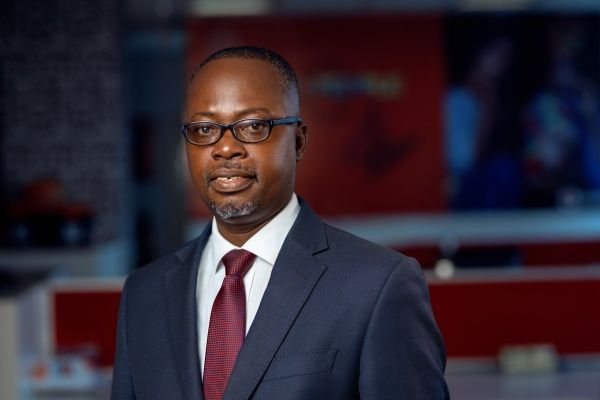Director of Telecel Cash and Digital Transformation, Philip Amoateng, has advocated for competitive collaboration between FinTech firms and banks as the best approach to accelerating financial inclusion in Ghana.
In a refreshing departure from the typical competitive nature of business, Mr. Amoateng believes combining the decades-long trust in traditional banks and the growing power and convenience of FinTech platforms will exponentially grow the financial services sector and help capture unbanked target markets.
Speaking in a plenary discussion at the Ministry of Finance’s Ghana Financial Inclusion Conference on the subject “FinTech, Digital Services and Mobile Money: Competition or Collaboration”, Mr. Amoateng said, “Real financial inclusion requires us to break out of our silos and work together to expand financial services to millions who are currently excluded from the traditional finance system.”
Mr. Amoateng’s remarks come at a time when technological progress and innovation have catapulted the fintech sector from the fringes to the forefront of financial services. FinTech investments are growing exponentially across the continent with a projected $230 billion in revenues by 2025, according to McKinsey.
Commending the Bank of Ghana for its policy and regulatory support of FinTech integration in the finance sector, Mr Amoateng believes the real test as at now is to push innovation beyond FinTech platforms and serve marginalised people in remote areas through community collaboration and co-sharing.
“Telcos are doing more for financial inclusion with about 19 million Ghanaians having mobile money wallets as compared to people with bank accounts which are significantly less. Imagine the impact if FinTech and banks joined forces to expand networks in rural areas. We could create a financial lifeline for millions of unbanked people who are not in the financial system,” Mr. Amoateng said. “Collaborative mechanisms are needed to help achieve this.”
Other panellists gave concerted submissions calling for the protection of ethics and trust in finance, digital literacy for more people, innovative disruption, and complementary collaboration between FinTech companies and banks in the finance space.
Explaining why collaboration should take precedence over competition, Mr. Amoateng highlighted that while competition has driven the FinTech sector forward, there’s more merit to exploring cross-collaborations. With interoperability, the industry can work together to create a more inclusive financial landscape.
The Ghana Financial Inclusion Conference centred on speeches, presentations and discussions on policy changes, regulatory frameworks, and emerging technologies that can accelerate financial inclusion for all Ghanaians.
Source: Peacefmonline.com
| Disclaimer: Opinions expressed here are those of the writers and do not reflect those of Peacefmonline.com. Peacefmonline.com accepts no responsibility legal or otherwise for their accuracy of content. Please report any inappropriate content to us, and we will evaluate it as a matter of priority. |
Featured Video















